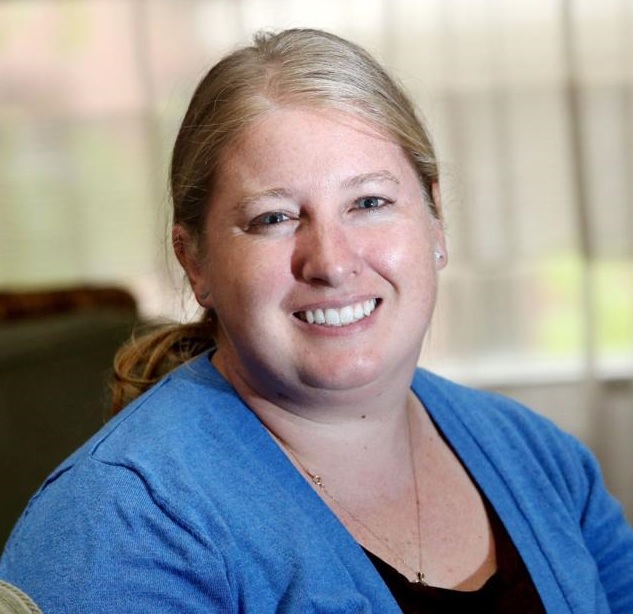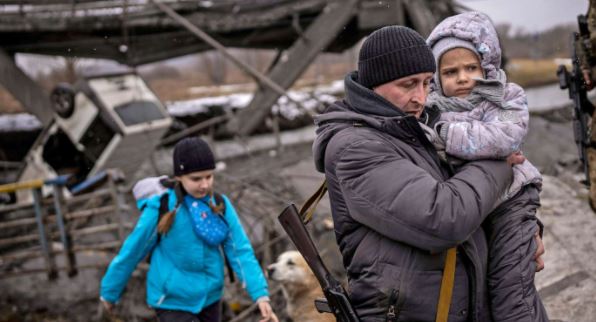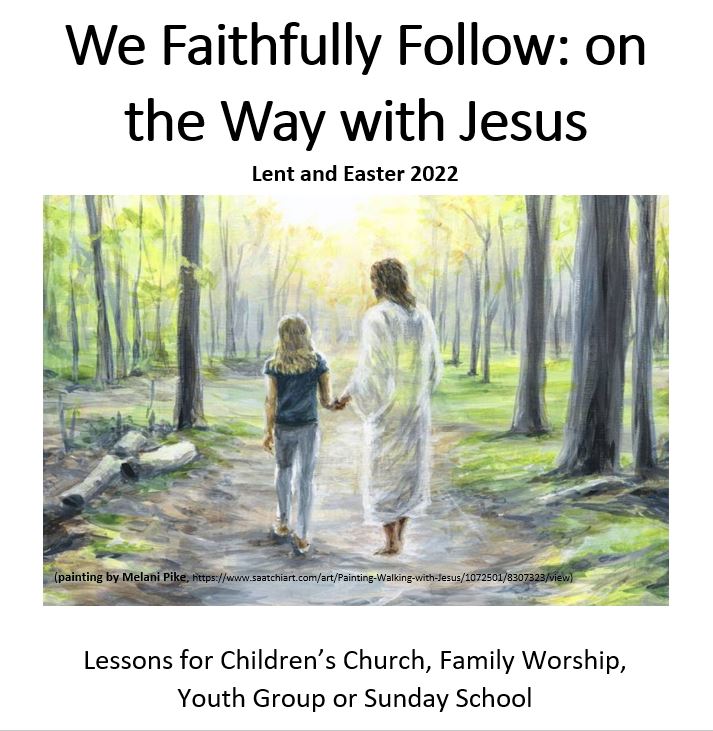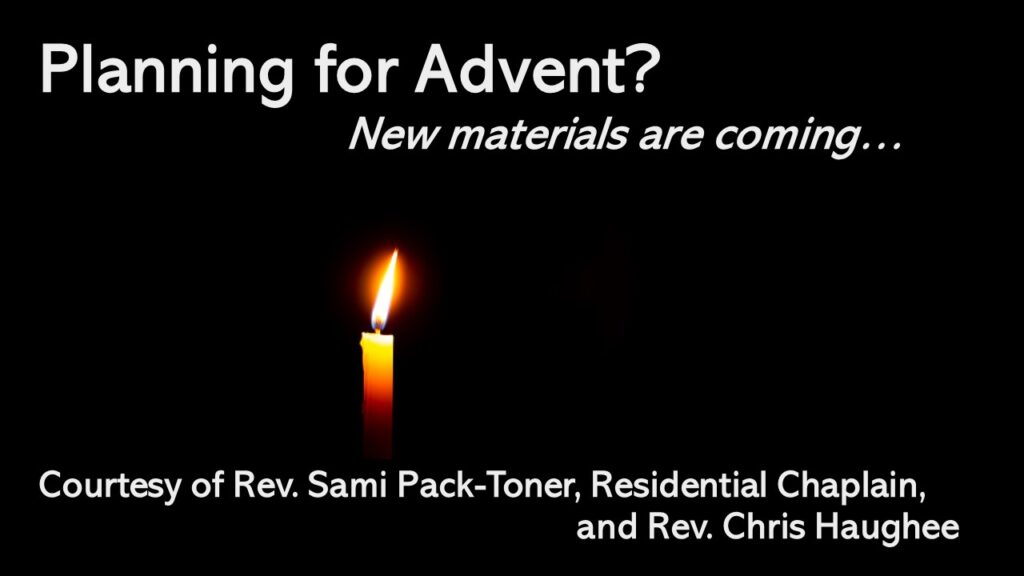
Friendship is a common theme in scripture. The first couple was created for one another because of the need for companionship. The writer of Ecclesiastes bemoans the fate of the friendless, saying, “pity anyone who falls and has no one to help them up… if two lie down together, they will keep warm. But how can one keep warm alone?” (Ecclesiastes 4:10-11) And, in Jesus’ last moments with the disciples he told them, “I no longer call you servants… I have called you friends” (John 15:15).
Friends are there for us when times are difficult and we need someone to be with us in our turmoil. Over the last few years, the need for friendship and companionship has been acutely felt… especially by those children and families experiencing a mental health crisis. Coming to Intermountain (intermountain.org), those in crisis find not only a mental health organization with clinical expertise and excellence in delivery of services, they find compassion and friendship for the journey towards health. They find healing through healthy relationships.
Montana is rightfully proud of Intermountain, and those that have supported the work since its founding in 1909 know they are a part of something special. From the loose change a child gathers in their “Change for Children” can to estate gifts and government grants, the support Intermountain receives makes a difference. But, what does this have to do with friendship? I am glad you asked…
The most valuable and committed supporters Intermountain has are called “Caring Friends.” Caring Friends are our dedicated monthly supporters who understand the value of friendship as expressed tangibly. Following the lead of Jesus Christ, who held up a child as an example of faith and hope in the Kingdom of God, Intermountain’s faith-based Caring Friends have found room in their hearts (and their monthly budget!) to insure that “not one of these little ones should be lost” (Matthew 18:14).
Over the course of a year, a monthly gift that fits your budget can work wonders in the life of a child at Intermountain. For less than a dollar a day, you can provide for the physical, emotional, and educational needs of a child while providing much needed financial stability to the organization as a whole. You become a trusted and faithful friend to us and to those we serve. Ready to be a friend to those Intermountain serves? Do you feel a tug at your heart to join Intermountain as a Caring Friend right now? If so, you can visit intermountain.givingfuel.com/donate and check the box for “Monthly Giving.” [You MUST become a monthly donor, or “Caring Friend” in order to release a very special gift to Intermountain!]
The advantage you have in giving now is that a generous incentive grant has been secured that will gift Intermountain $500 for every new Caring Friend monthly donor of at least $10 per month. What an amazing opportunity to turn $120 into $620… Amen?
Jesus said, “Give, and it will be given to you. A good measure, pressed down, shaken together and running over, will be poured into your lap. For with the measure you use, it will be measured to you” (Luke 6:38). We gain a lightness of heart and a joy down deep in our bones when we embrace the value of generosity. We each know what it means to find a true friend in our time of need. Those who are close friends know that they can count on us to be there when times are tough.
So, please consider becoming a “Caring Friend” of the good work that is going on through Montana. I have been a Caring Friend to Intermountain for the last ten years, including them in my monthly giving. I know you won’t regret investing in the lives of the children, youth and families of our state!
Blessings,
Chris Haughee, Church Relations Liaison for Intermountain









 Click here to subscribe to our RSS feed with your favorite email client and be alerted to new articles.
Click here to subscribe to our RSS feed with your favorite email client and be alerted to new articles.